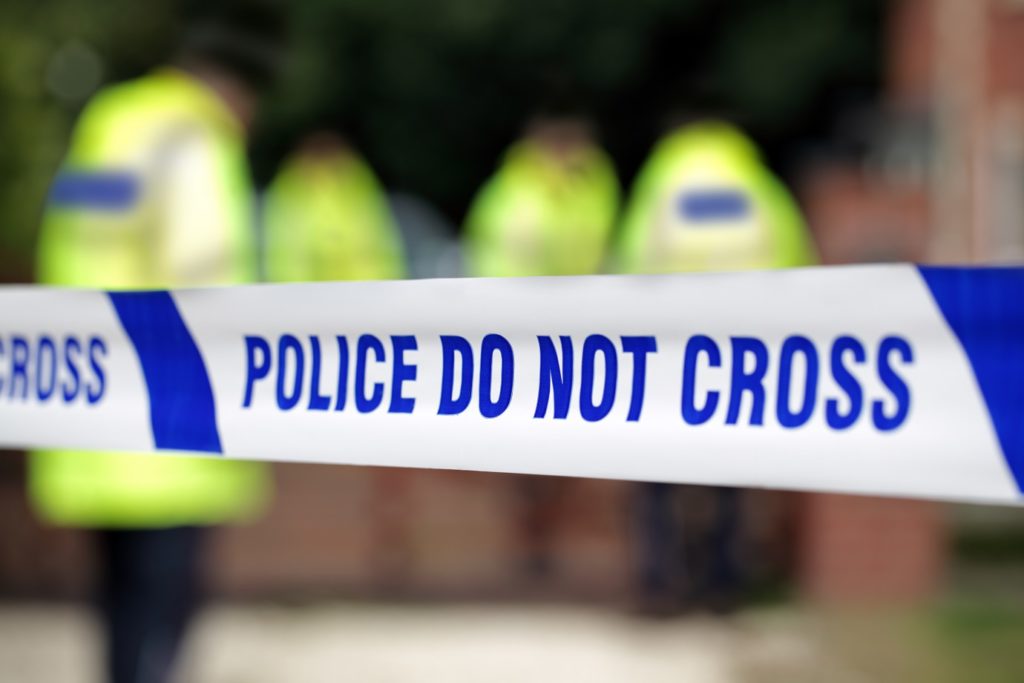It’s been reported that a pregnant woman died on Sunday night after she was allegedly assaulted in her home in the suburb of Thomson, Victoria.
Michelle Norris was found with critical injuries just after 9.30pm and died at the scene after the arrival of emergency services. Her partner, and the father of her unborn child, was arrested at the scene and charged with assault and other offences.
According to the Counting Dead Women Australia researchers of Destroy the Joint, four women are known to have died due to violence against women in 2021. It’s only February 3.
It’s now been nearly one year since Hannah Clarke and her three children were brutally murdered in broad daylight on a suburban street in Brisbane.
CEO of Women’s Safety NSW Hayley Foster believes there is an appetite for change in the Australian community and that there are signs of a shift at the federal level of politics when it comes to committing to action on domestic violence and abuse.
“Something has changed in the national consciousness in the wake of the horrific murder of Hannah Clarke and her three children in Brisbane last year,” Foster told Women’s Agenda on Tuesday.
“Communities across Australia, and their elected representatives in Parliament want to see real change. We’re fed up with seeing women and children killed in their homes every single week.”
At the end of November 2020, a multi-partisan federal alliance, the Parliamentarians for Action to Reduce Violence Against Women and Children, was formed. The group is headed up by Labor MP Dr Anne Aly, Greens Senator Larissa Waters and Liberal MP Dr Fiona Martin.
The group is calling for a national approach to understanding and criminalising coercive control – the single biggest precursor to domestic homicide – as well as funding for frontline services and promoting cultural change. For federal parliamentarians across the spectrum to be working together in this way shows there is a genuine commitment to tackle the national crisis, Foster says.
In 2020, as many women and children faced the onset or escalation of violence or abuse in their homes, the Women’s Safety Council, co-chaired by Senator Marise Payne and Senator Anne Ruston, decided not to introduce any new measures to help combat the crisis. Foster suggests that establishing a commissioner at the federal level is an idea that’s got a lot of merit and would help bring accountability to the government after a glaring lack of action during the pandemic.
But while the federal government remains behind the eight ball on domestic violence action, the NSW state government has been engaging with those in the sector through a parliamentary inquiry into criminalising coercive control, where submissions have just closed.
Domestic and family violence is often misconceived by the public as a primarily physical form of abuse, and it’s currently not a crime in NSW for a perpetrator to engage in controlling and manipulative behaviours.
Reform here is sorely needed, Foster says, but it’s imperative that any law change to criminalise coercive control is accompanied by other system reforms including funding for police and judiciary training and community education.
“This law change must be accompanied by system reforms inclusive of the updating of tools, guidelines, bench books, and training and professional development of law enforcement and judicial officers, in addition to a community education campaign,” Foster explains.
“The law change on its own will have limited effect without accompanying reforms to support a cultural and practice change. Let’s do this well.”
In preparation for their submission to the NSW parliamentary inquiry, Women’s Safety NSW surveyed 72 victim-survivors of domestic and family violence. 97 per cent said they had experienced ‘psychological control and manipulation’ in their relationship, yet 75 per cent also felt the existing laws in NSW do not provide police and courts with sufficient powers to address it.
“Victim-survivors have made it loud and clear that it is time for the law to catch up and reflect the lived realities of domestic abuse,” Foster said.
“They’ve told us that they experienced coercive control as the most damaging and dangerous element of the abuse they have experienced, often causing severe and sometimes lifelong physical and psychological harm.
“The majority of victim-survivors (97% or N = 70/72) and all of the front-line specialists (100% or N = 46/46) we surveyed for our submission to the NSW Inquiry believe that coercive control should be criminalised, provided law change is accompanied by system reforms.”
Women’s Safety NSW is currently running a campaign on criminalising coercive control, which you can support by adding your name to a petition and sending an email to your state and federal MP.
If you or someone you know needs help or advice call the national sexual assault, family and domestic violence counselling service 1800RESPECT on 1800 737 732. The service is available 24 hours a day, seven days a week.
In an emergency call 000.
You can also call the Men’s Referral Service on 1300 766 491 or Lifeline on 13 11 14.


